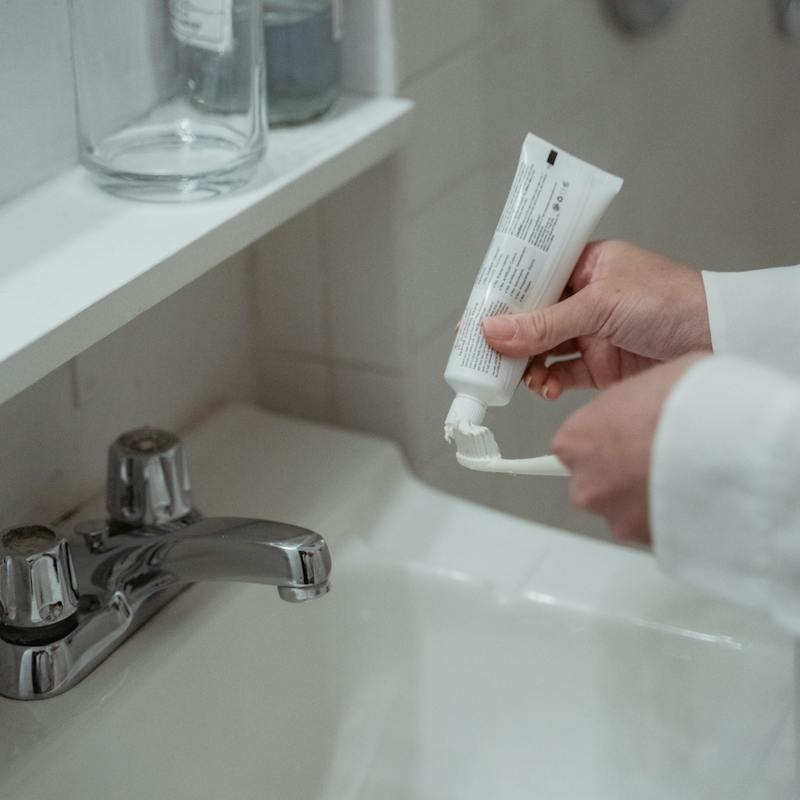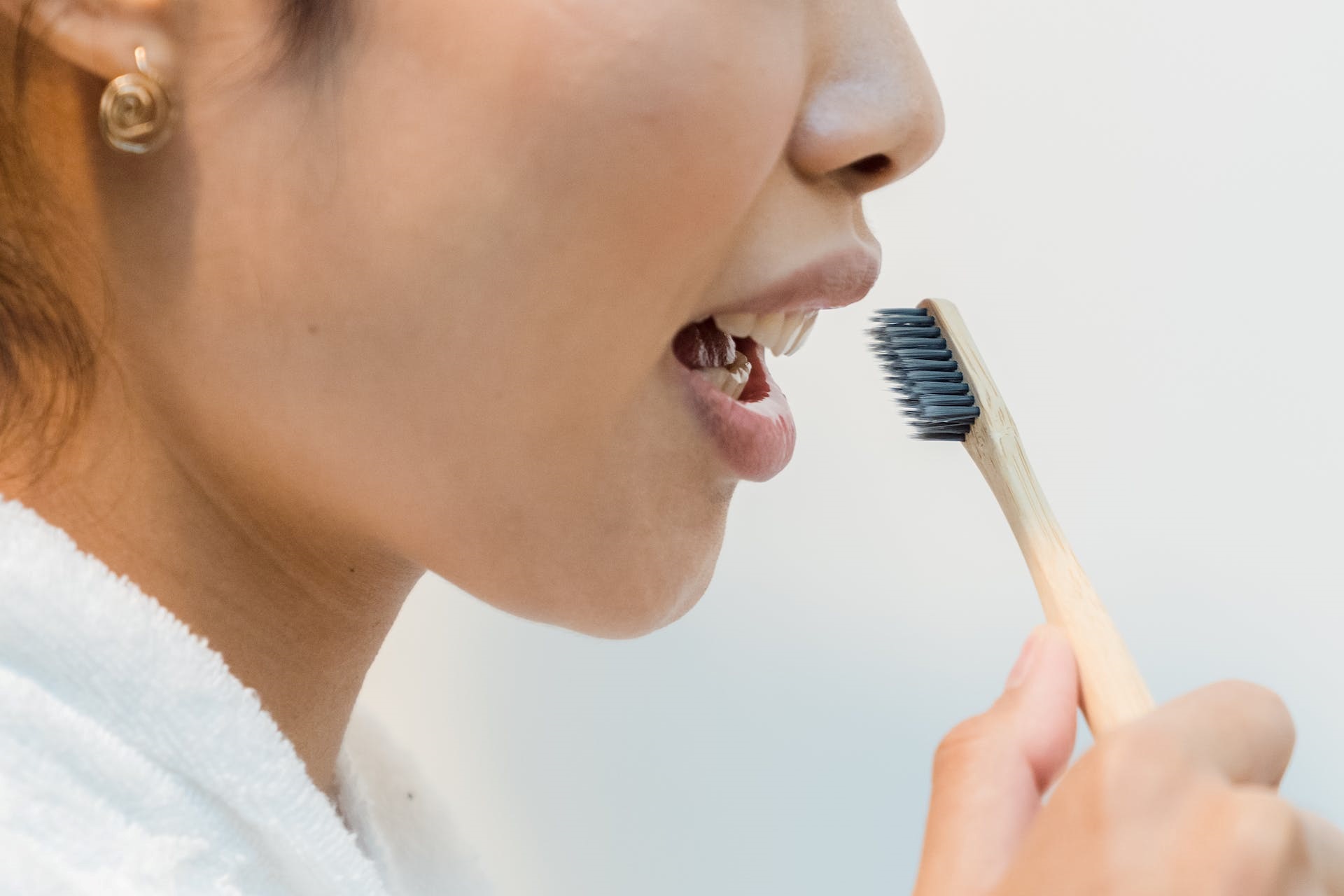Dec
12

Having a bright, white smile is a common aspiration for most of us, but why does it seem so unachievable even with consistent brushing? The truth is that there are several factors – both natural and external – that can contribute to the yellowing of teeth, even if you’re rigid and dedicated to your brushing routine. So, let’s take a look at some of the causes of chronically yellow teeth, and some effective solutions to combat them.
Natural Factors Contributing to Tooth Color
Whether we like it or not, tooth colour varies naturally among individuals, and is largely determined by the dentin, which lies beneath the enamel and can range from yellowish to greyish hues. Genetics play a key role in the thickness and translucency of the enamel, which directly influences the visible colour of your teeth; in short, this can mean that your teeth are simply yellower than those of your peers, no matter how much whitening toothpaste you use. And remember, having teeth that aren’t pearly white doesn’t mean that your teeth themselves aren’t normal and healthy – often, it’s simply a question of genetics.
External Staining Agents
Impact of Food and Beverages on Tooth Color
Genetics aside, certain foods and drinks can lead to teeth staining over time, with coffee, tea, red wine, and dark sodas being particularly notorious for this due to their high pigment content. These pigments, also known as chromogens, attach to the tooth enamel and can cause a yellowish or brownish tint with regular consumption.
Tobacco Use and Tooth Discoloration
Another culprit is smoking: tobacco products, whether smoked or chewed, significantly contribute to tooth discoloration; this is because nicotine and tar in tobacco easily stain teeth everything they touch, including leaving a yellow or brown coloration on the teeth with prolonged use. As if you didn’t need another reason to quit, giving up tobacco not only improves oral health but also helps prevent further staining.
Inadequate Brushing Techniques
Brushing teeth is fundamental for oral hygiene, but incorrect techniques can leave plaque and food particles behind, and this too can lead to discoloration. Proper brushing technique is vital to clean all tooth surfaces effectively, and requires comprehensive brushing from left to right across all the teeth’s surfaces.
Tartar and Plaque Buildup
Plaque, a bacterial film mixed with food particles, can harden into tartar if not removed regularly, and tartar is another contributor to teeth discoloration and yellowing. This is why regular dental cleanings are essential: your hygienist will be able to remove tartar buildup and maintain your teeth’s natural colour and prevent unnecessary yellowing.
Also Read: What is the Best Treatment for Receding Gums?
Medications and Tooth Discoloration

It’s also worth noting that certain medications, like tetracycline antibiotics, can also cause tooth discoloration, particularly if taken during tooth development in childhood. Antihistamines, antipsychotics, and blood pressure medications might also discolour teeth as a side effect.
Aging and Tooth Color Changes
Age is another reason you might not be seeing results from your brushing routine: as we age, our tooth enamel naturally wears down, progressively revealing the yellower dentin underneath. Additionally, a lifetime of consuming staining foods and beverages, along with natural wear and tear, contributes to changes in tooth colour, and tooth brushing alone is unlikely to reverse prolonged discolouration.
Underlying Dental Issues
In some rarer cases, yellow teeth might actually indicate underlying dental issues. Tooth decay and certain types of dental fillings can cause discoloration, so it’s important to address these dental problems with your dentist promptly to prevent further damage and discoloration.
Daily Habits for Maintaining White Teeth
To combat teeth yellowing, incorporate habits like rinsing your mouth after consuming staining foods or drinks, using a straw for beverages, and avoiding tobacco. You can also opt for a fluoride toothpaste with mild abrasives to help remove surface stains without damaging the enamel – but steer clear of DIY whitening kits.
Professional Teeth Whitening Options
If you’re looking for a more immediate solution, professional teeth whitening is an effective option – but you should only have this performed by a qualified dentist, such as those in our team at SmileCliniq. At our London dental surgery, we offer teeth whitening services that can significantly brighten your smile without ruining your enamel, and you won’t end up looking like Ross from Friends, either! Our whitening treatments are fully tailored to your specific needs and aesthetic preferences, and are far more effective – and much safer – than any over-the-counter products you can find on the high street.
You May Also Like: How to Clean Your Retainer?
The Bottom Line
Ultimately, if you’re dealing with yellowing teeth despite regular brushing, you might want to look at outside factors, including your diet, lifestyle, genetics, and even the ageing process. And for personalised advice and professional teeth whitening services, don’t hesitate to consult with our experts at SmileCliniq: we’re an award-winning London dental surgery and we’ll do everything in our power to help you achieve a healthier, brighter smile at any age.










